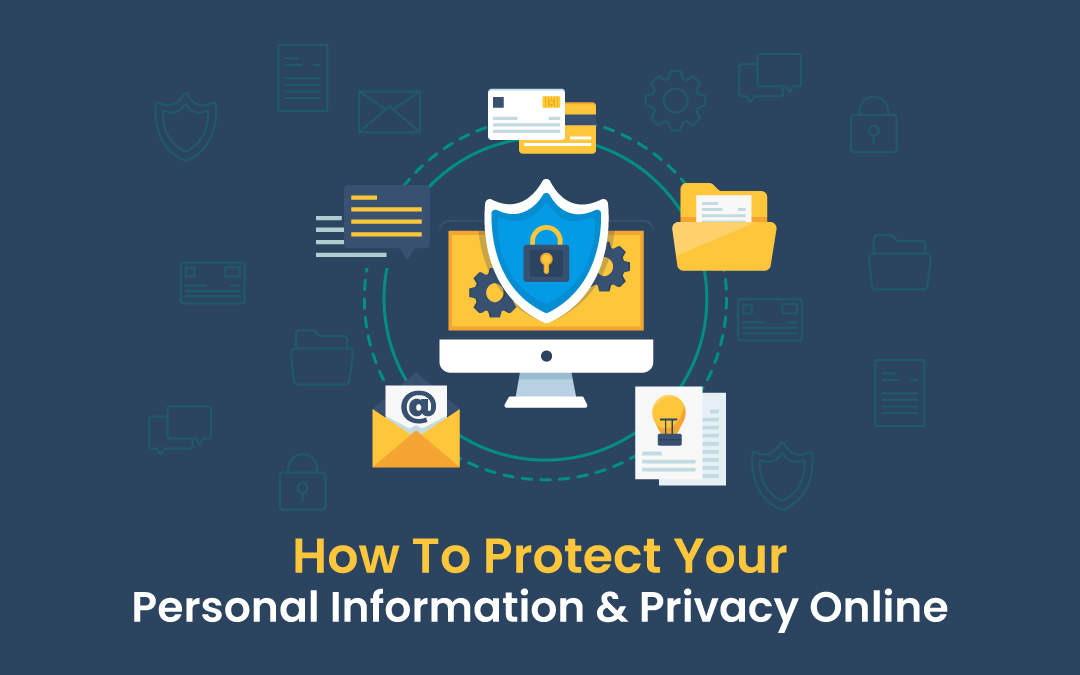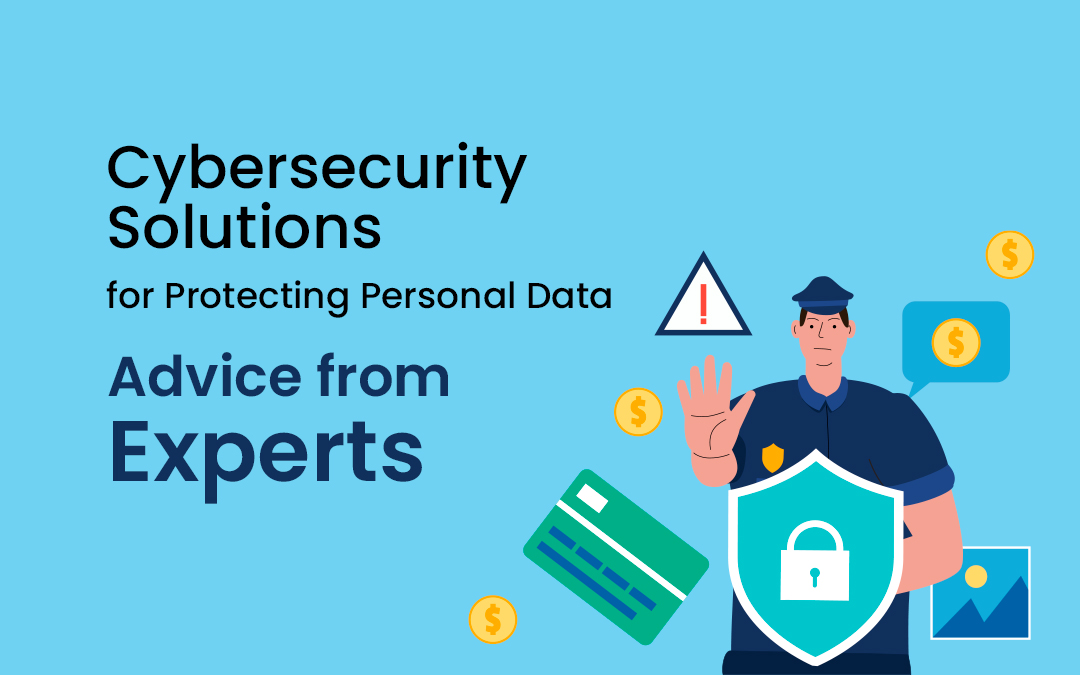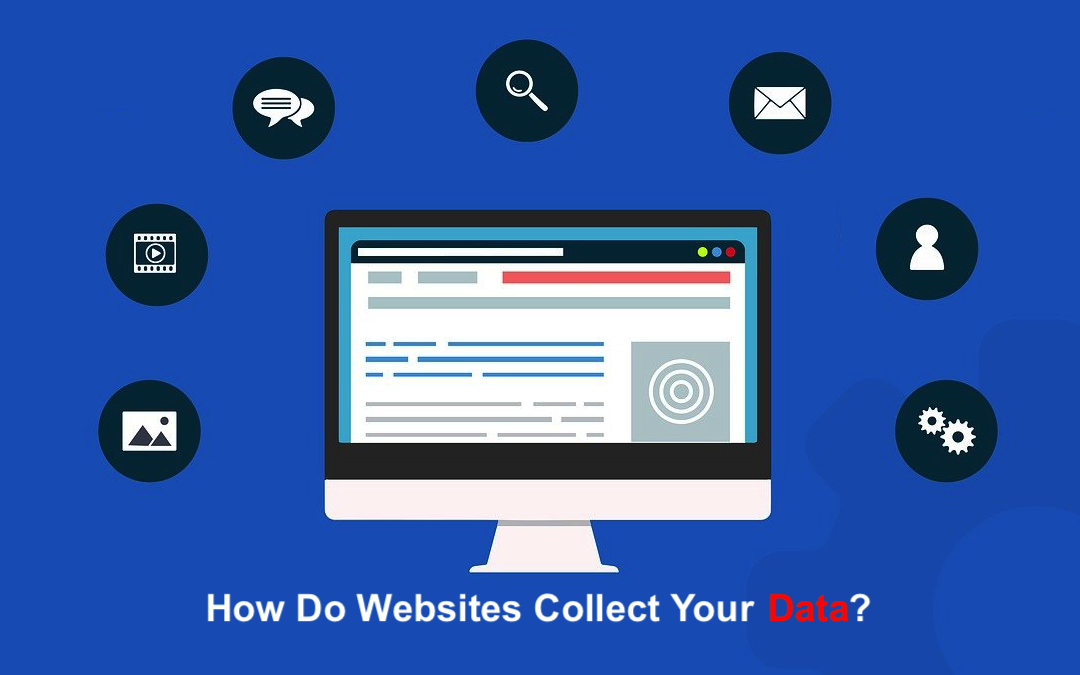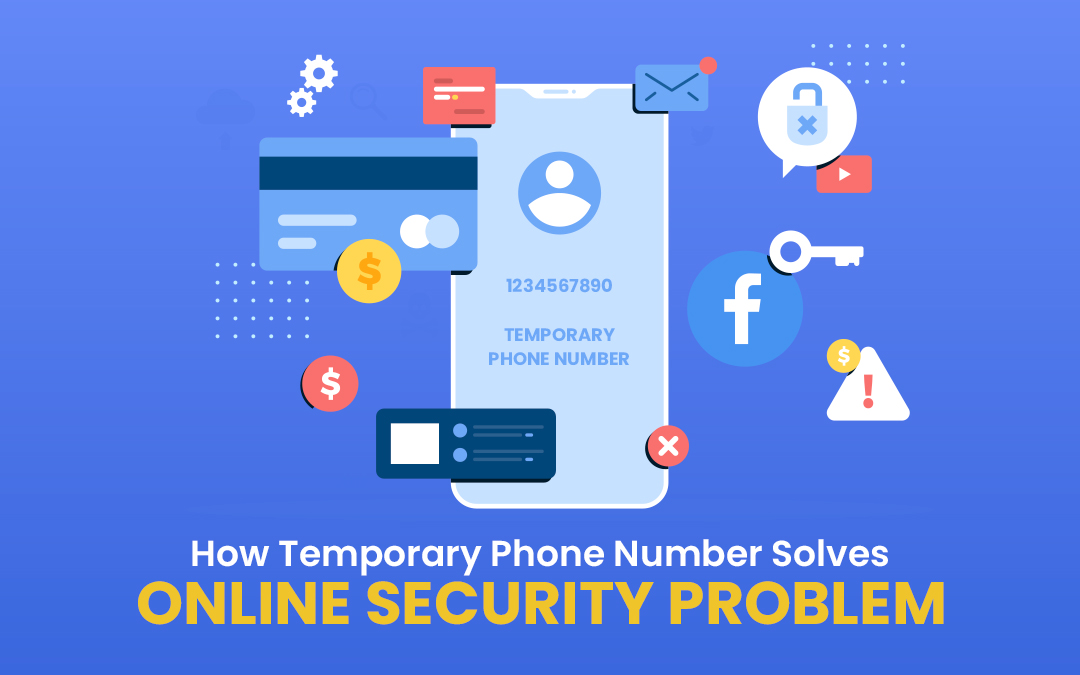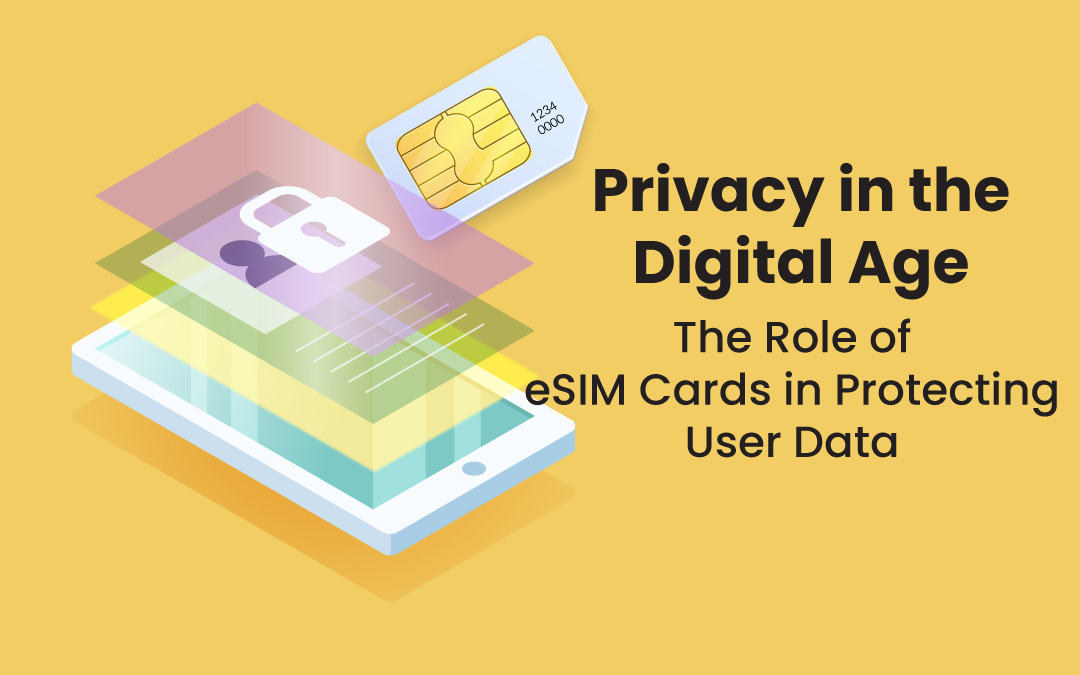
As our lives become more connected, protecting personal privacy online is more critical than ever. Every time you log onto the internet, your device is marked by a unique identifier, known as your IP address. Just like your street address, this identifier can reveal where you are and who you are, leaving you open to tracking and profiling. By using a VPN like FastVPN and temporary phone numbers, you can take significant steps to protect your IP address and secure your digital privacy.

